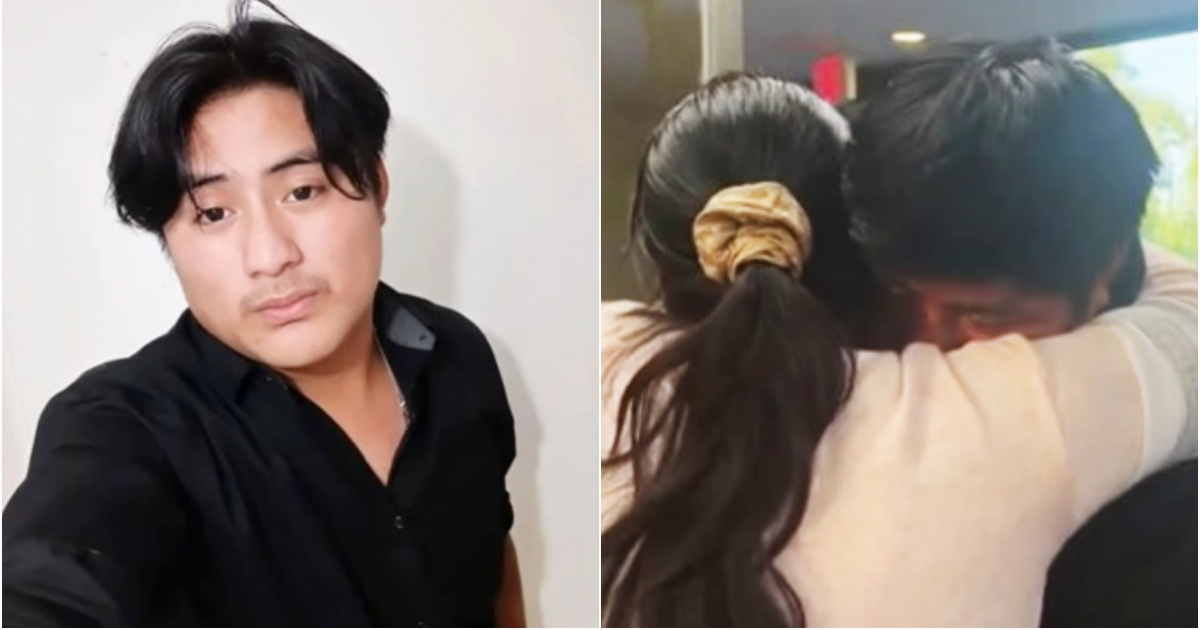Amid rising concerns over U.S. immigration policy enforcement, Federal Judge Kathleen Williams has prolonged the temporary halt on Florida's contentious SB 4-C law until April 29. This decision followed the unlawful arrest of Juan Carlos Lopez-Gomez, a 20-year-old U.S. citizen, highlighting the controversial law's implications.
Understanding Florida's SB 4-C Law
Florida's SB 4-C law aims to make entering the state without legal immigration status a state-level crime. Essentially, individuals labeled as "unauthorized aliens" could face arrest simply for crossing into Florida, without having committed any other offense. The mere act of crossing the state border could lead to detention.
Controversy Surrounding the Law
Critics of the law point out several key issues: the lack of clear criteria for identifying "unauthorized aliens" could result in arrests based on physical appearance, accent, or racial stereotypes. Cases like Lopez-Gomez's wrongful arrest underscore the risks of serious errors and rights violations. Moreover, the law is seen as encroaching on federal jurisdiction, as immigration control is traditionally a federal responsibility, not a state or local one.
Incident Sparks Outrage
Juan Carlos Lopez-Gomez, a Georgia-born American, was arrested last week by Florida Highway Patrol officers in Leon County. Despite his U.S. citizenship, he was detained under unfounded suspicions of violating SB 4-C. Although a local judge found no probable cause for his arrest, Immigration and Customs Enforcement (ICE) issued a 48-hour hold, prolonging his detention unlawfully. Lopez-Gomez was eventually released last Thursday night, visibly emotional and reunited with his mother.
Judicial Block Extended on SB 4-C
Judge Williams, from the Southern District of Florida, issued the order to extend the temporary suspension of the law until April 29. She expressed concerns about the "unconstitutional application of the statute," emphasizing the potential for fundamental rights violations. During the hearing, state attorneys argued that the court order was not binding on local law enforcement. However, the judge firmly stated, "The court issues a temporary restraining order prohibiting the defendants and their agents from enforcing SB 4-C."
Law Under Fire
SB 4-C was enacted in a special session of the state legislature this year, aiming to toughen state-level immigration policies. It classifies illegal entry into the state as an unauthorized alien as a first-degree misdemeanor. This broad and vague definition has been heavily criticized for encouraging racial profiling and threatening constitutional rights. Civil rights groups have condemned the law for enabling "arbitrary detentions and violating constitutional rights," as reported by the media. The law is being challenged by the Florida Immigrant Coalition, the Farmworker Association of Florida, and other entities, along with two undocumented women. Legal defense is coordinated by organizations like the ACLU of Florida, Americans for Immigrant Justice, Community Justice Project, and Florida Legal Services.
Related Arrests and Political Reactions
Lopez-Gomez's case was not isolated. Estiven Sales-Perez, driving without a license, and Ismael Sales-Luis were also in the vehicle. Both were arrested on charges of being "unauthorized aliens." ICE currently holds Sales-Perez in Tallahassee. In response, the Florida Highway Patrol issued a statement reaffirming its commitment to "continue collaborating with federal authorities to bolster immigration law within the state," a stance criticized by activists and human rights advocates. Nikki Fried, chair of the Florida Democratic Party, strongly condemned Lopez-Gomez's arrest as "kidnapping," warning, "If this can happen to a U.S. citizen, it can happen to anyone."
Frequently Asked Questions about Florida's SB 4-C Law
What is Florida's SB 4-C law?
SB 4-C is a Florida state law that criminalizes entering the state without legal immigration status, allowing for the arrest of individuals labeled as "unauthorized aliens" simply for crossing the state border.
Why is SB 4-C considered controversial?
The law is controversial due to its vague criteria for identifying "unauthorized aliens," potential for racial profiling, and perceived infringement on federal immigration authority.
Who is challenging SB 4-C in court?
The law is being challenged by the Florida Immigrant Coalition, the Farmworker Association of Florida, and other organizations, with legal support from groups like the ACLU of Florida and Americans for Immigrant Justice.
